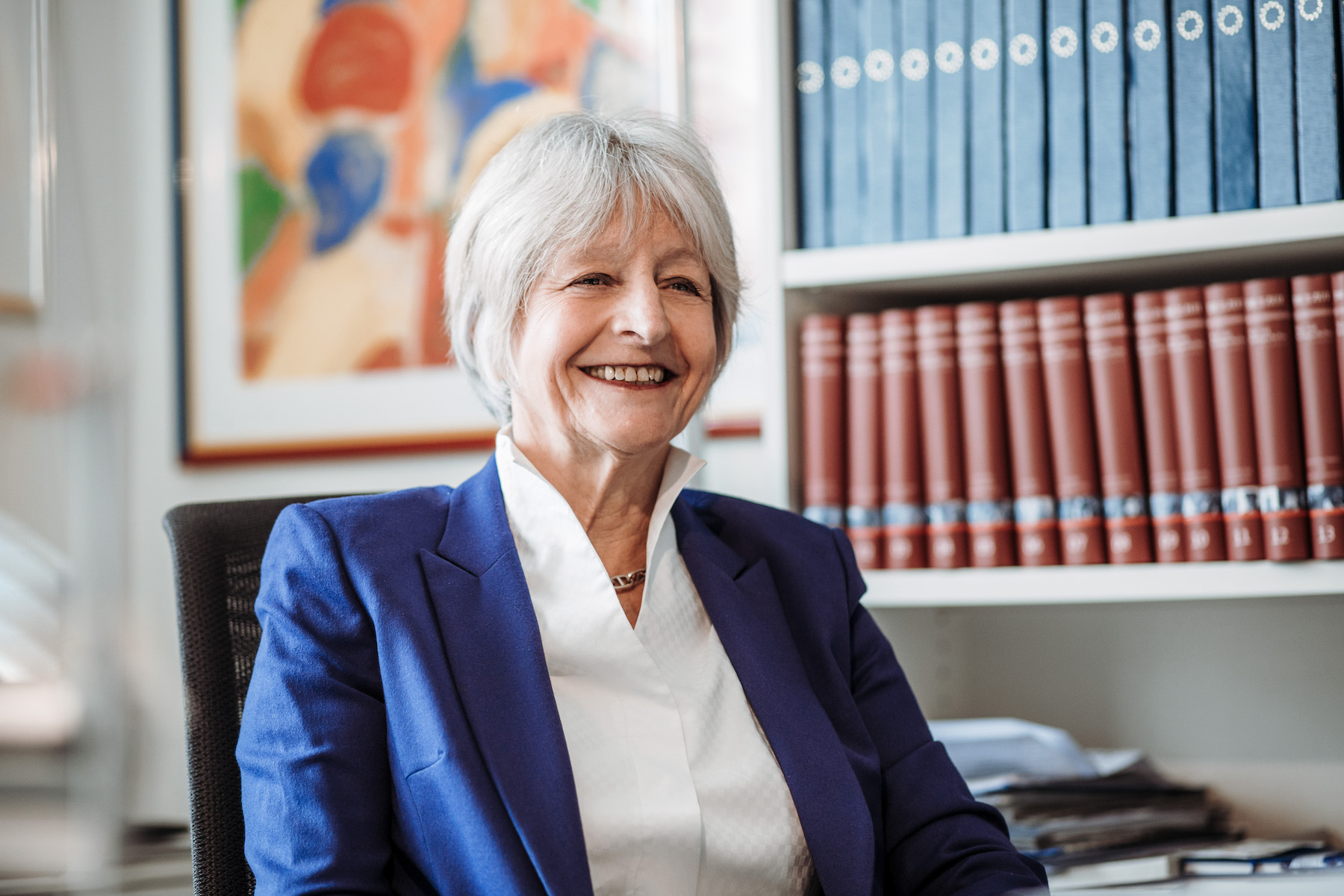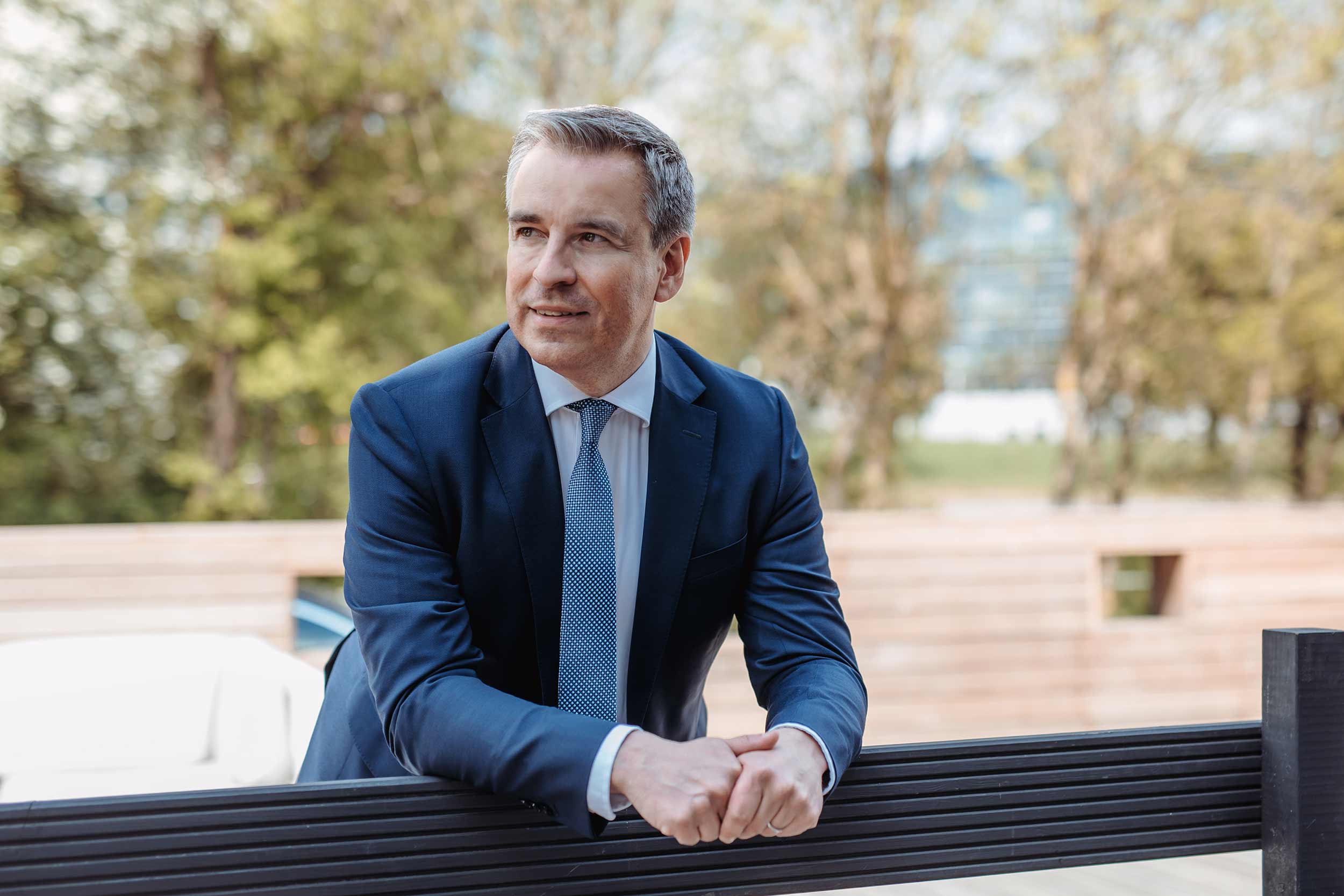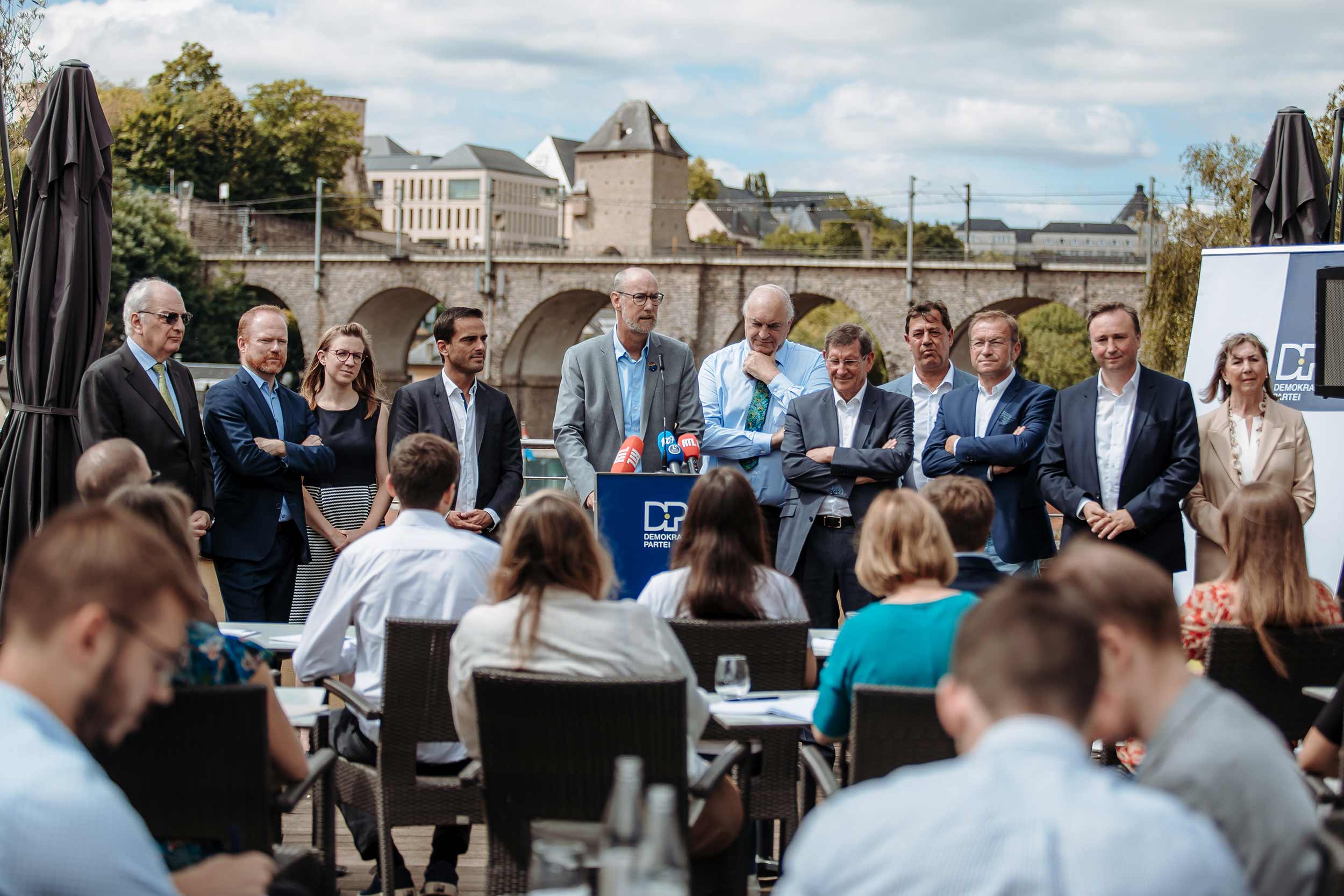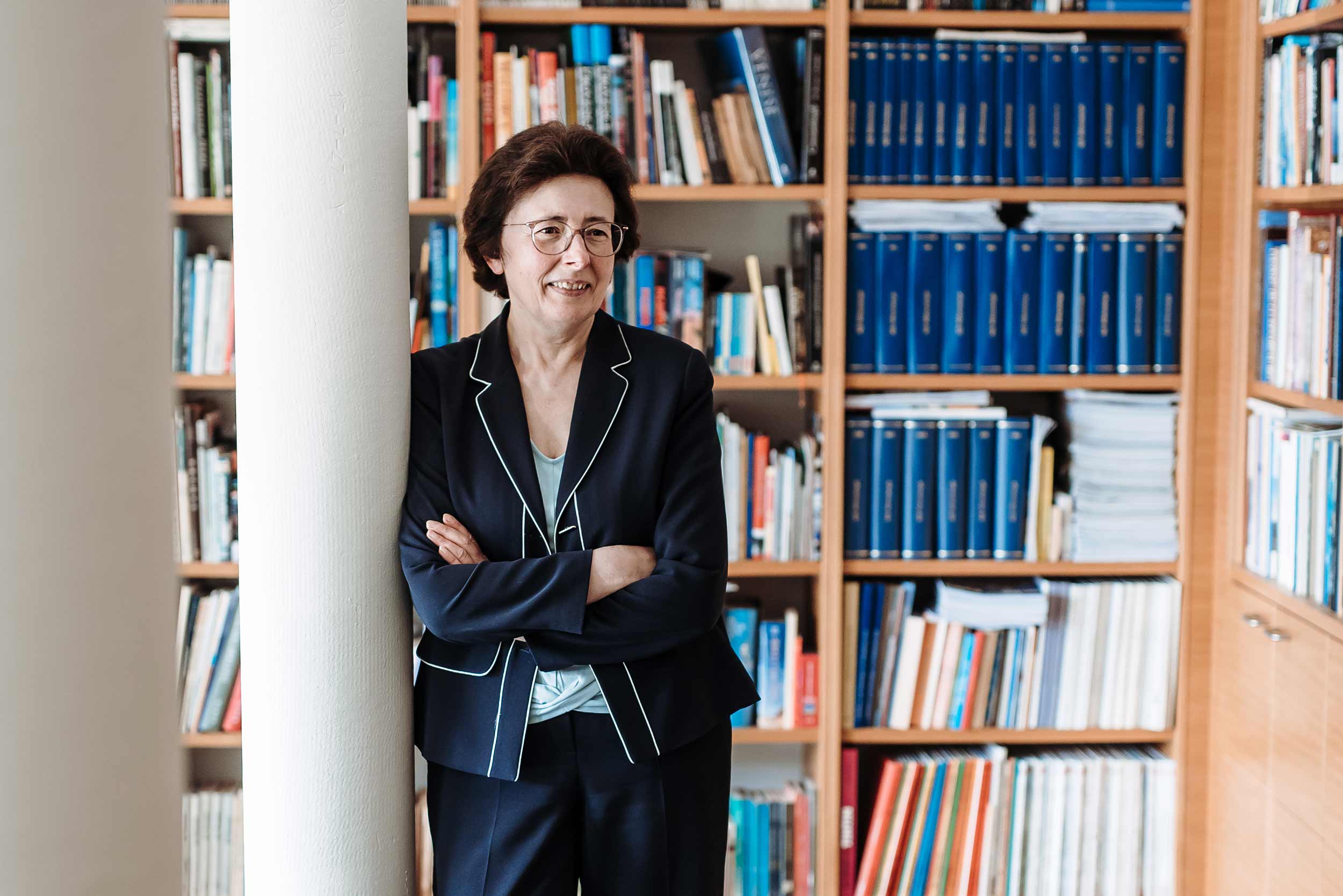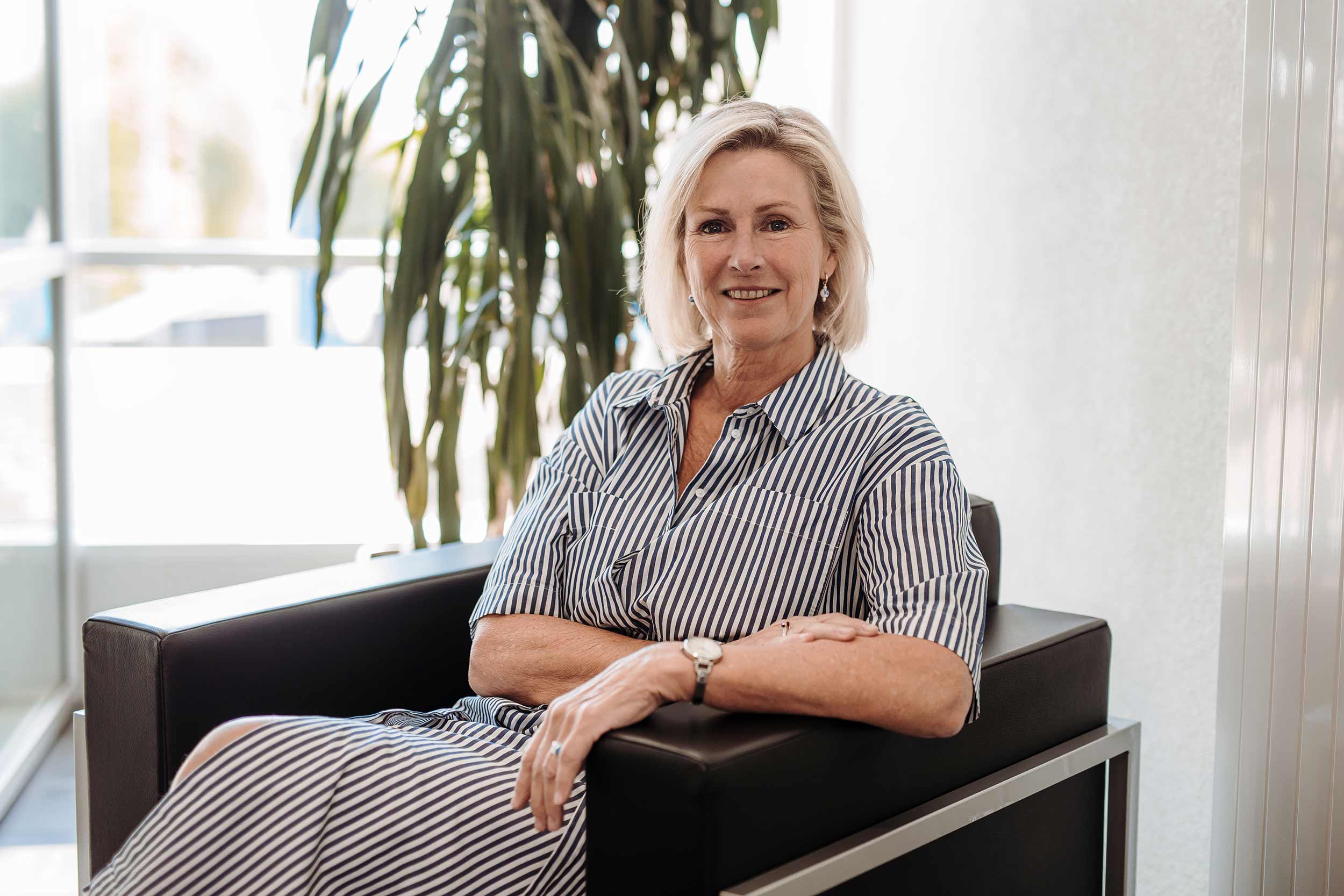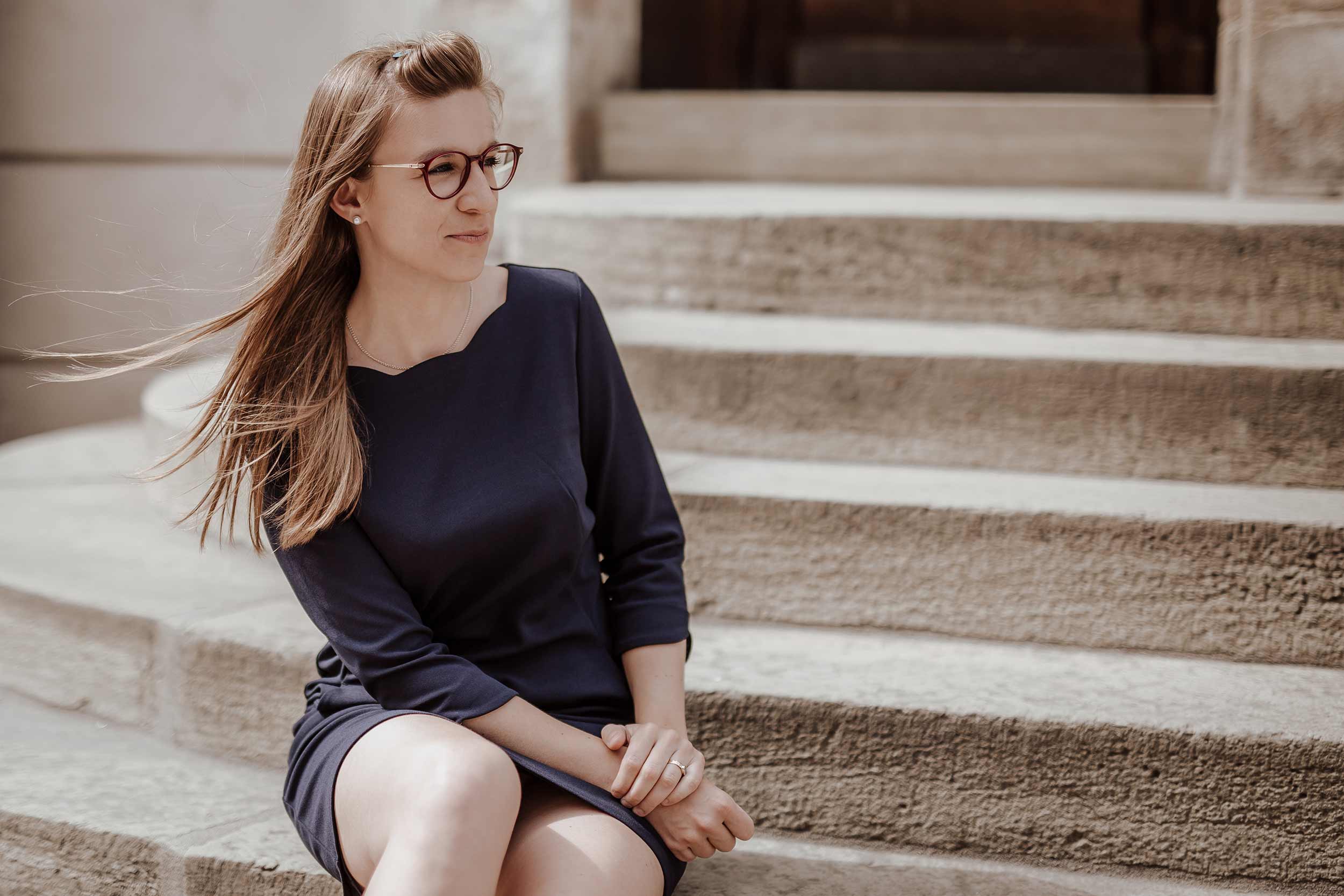Anne Brasseur opens the door of her apartment in Hollerich and she shines all over her face. This is what satisfaction looks like, I think. Classical piano is playing in the background and this is no coincidence, as I will learn later.
“Ännchen” grew up in the Grand-Rue, above the traditional clothing store Maison Brasseur. Her father had a regular’s table in the cathedral (a café on Beckstrasse), with people who were interested in politics. Thus, the little girl already heard about the political news at the dinner table, when her father told her about it.
In the Kindergarten at Aldringen, she sees the last Charly train. After that she goes to the primary school for girls in the congregation school and then to the girls’ high school in Limpertsberg: “I was not the best student, because I had a lot of activities besides”. These were tennis (Arquebusiers and then SPORA), scouts (FNEL) and music.
THÉ DANSANT
At the age of 12, Ännchen secretly participates in a music competition on the RTL show École buissonnière, in a guitar duo with Guy Schons. When her parents learned about it, “my music career was over, but music has remained very important to me all my life, to this day”.
Later on Ännchen had friends that owned an orchestra. She helps to organize “thés dansants” and plays in the casino in the Ënneschtgaass. This way, she earns some extra money as well. “Even the nuns from Ste Sophie hired us for a thé dansant.”
After her highschool diploma, Anne Brasseur studied psychology in Tübingen and Mannheim. The impact of May ’68 can also be felt in Germany. But that did not influence me particularly. My path has always been one of tolerance. “
In 1975, Ännchen started working at the SPOS in Esch at the boys’ high school and at the vocational school. She then became the first director of the SCAS (Central Service of Social Assistance).
SWEARING-IN WITH WERNER AND SANTER
At the same time, Colette Flesch asks her to participate with the DP in the local elections. “I was shocked at the beginning. But they were looking for young men and women. And I did surprisingly well. ” The CSV was in the opposition in parliament at that moment and so Ännchen was sworn in together with Pierre Werner, Jacques Santer and Jean Dupong. “I was very impressed.” With Colette Flesch she’s the only woman on the Knuedler.
In 1979, after the Knuedler, the next stop is the herb market, where the parliament is, and where Anne Brasseur, among others, is the reporter of the anti-crisis law. This meant an increase in VAT and excise duties and introduction of a solidarity tax. “A project with unpopular measures where there wasn’t exactly a rush to be the reporter,” she grins.
At the communal level, Ännchen is part of the city council from 1982 to 1999 and from 2005 to 2009. “I always liked challenges. That’s why I was e.g. responsible for circulation. I remember in particular the introduction of the Park + Ride, the bus lanes and the residential parking. Today, I’m still especially proud of my idea for the playground at Knuedler. Because it’s not always just the big things that count. At the communal level, we can often help people concretely and for me, personal contact is extremely important.”
DO IT ALL AGAIN
In 1999, Anne Brasseur had the choice between becoming mayor or minister. She chose the portfolio of education and sports in the Juncker-Polfer government. Back to Basics and the coefficients for secular morality and religion remain in the memory of the general public. “I would do both again. Reading, writing and arithmetic are the basis of any school education. At that time secular morality and religion were not taken seriously because they didn’t have coefficients. But for me the Bible is part of the general culture and that has nothing to do with faith.”
Another highlight of her career is the presidency of the Parliamentary Assembly of the Council of Europe. In that position she draws up the very critical report on governance in football. “It was very exciting, but I also experienced the limits of breaking up such a system.”
FRIENDSHIPS FOR LIFE
Since retiring from politics, Anne Brasseur has been active in various international organizations. She has more time for her grandchildren, reads, does sports and recently has begun taking piano lessons: “I have to practice every day”.
Anne Brasseur’s state of mind is serene, happy and satisfied. “I was often in the right place at the right time. For someone who has never been a real candidate for something, I did very well. It all turned out that way. I had a lot of luck in life. And I’m still doing well. ”
For Ännchen, friendship is extremely important. And there are those friendships that have developed through politics. “The friendships with Colette Flesch and Lydie Polfer are unique,” she emphasizes. And looks even more satisfied than at the beginning of our conversation…


